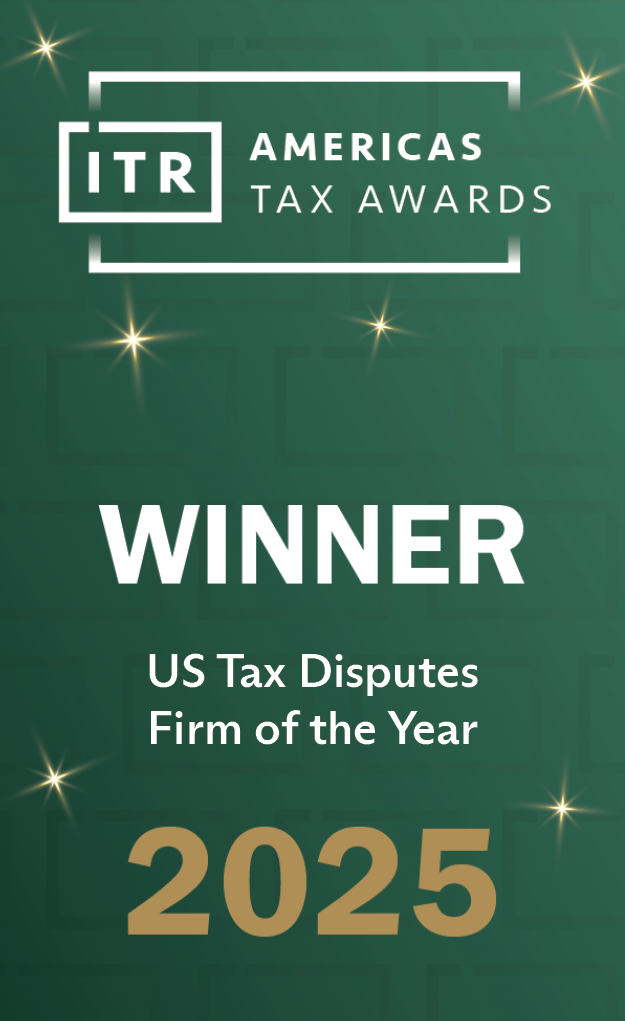On June 20, 2024, the Supreme Court of the United States issued a 7-2 opinion in Moore v. United States, 602 U.S. __ (2024), ruling in favor of the Internal Revenue Service (IRS).
Moore concerned whether US Congress and the IRS could tax US shareholders of controlled foreign corporations (CFCs) on those corporations’ earnings even though the earnings were not distributed to the shareholders. The case specifically focused on the so-called “mandatory repatriation tax” under Internal Revenue Code (IRC) Section 965, a one-time tax on certain undistributed income of a CFC that is payable not by the CFC but by its US shareholders. Some viewed the case as hinging upon whether Congress has the power to tax economic gains that have not been “realized.” (i.e., In the case of a house whose value has appreciated from $500,000 to $600,000, the increased value is “realized” only when the house is sold and the additional $100,000 reaches the taxpayer’s coffers.)
However, Justice Brett Kavanaugh, joined by Chief Justice John Roberts and Justices Sonia Sotomayor, Elena Kagan and Ketanji Brown Jackson, rejected that position on the ground that the mandatory repatriation tax “does tax realized income,” albeit income realized by a CFC. On this basis, they reasoned that the question at issue was whether Congress has the power to attribute realized income of a CFC to (and tax) US shareholders on their respective shares of the undistributed income. This group of justices ultimately decided Congress does have the power.
The majority went out of its way to avoid expressing any opinion as to whether Congress can tax unrealized appreciation, with Justice Amy Coney Barrett’s concurrence and Justice Clarence Thomas’s dissent asserting that it cannot. Perhaps the Court was signaling a distaste for the Billionaire Minimum Income Tax proposed by US President Joe Biden, which would impose a minimum 20% tax on the total income of the wealthiest American households, including both realized and unrealized amounts, among other Democratic proposals.
Practice Point: We previously noted that certain taxpayers should consider filing protective refund claims contingent on the possibility that Moore would be decided in favor of the taxpayers. In light of the case’s outcome, however, those protective claims are now moot.







